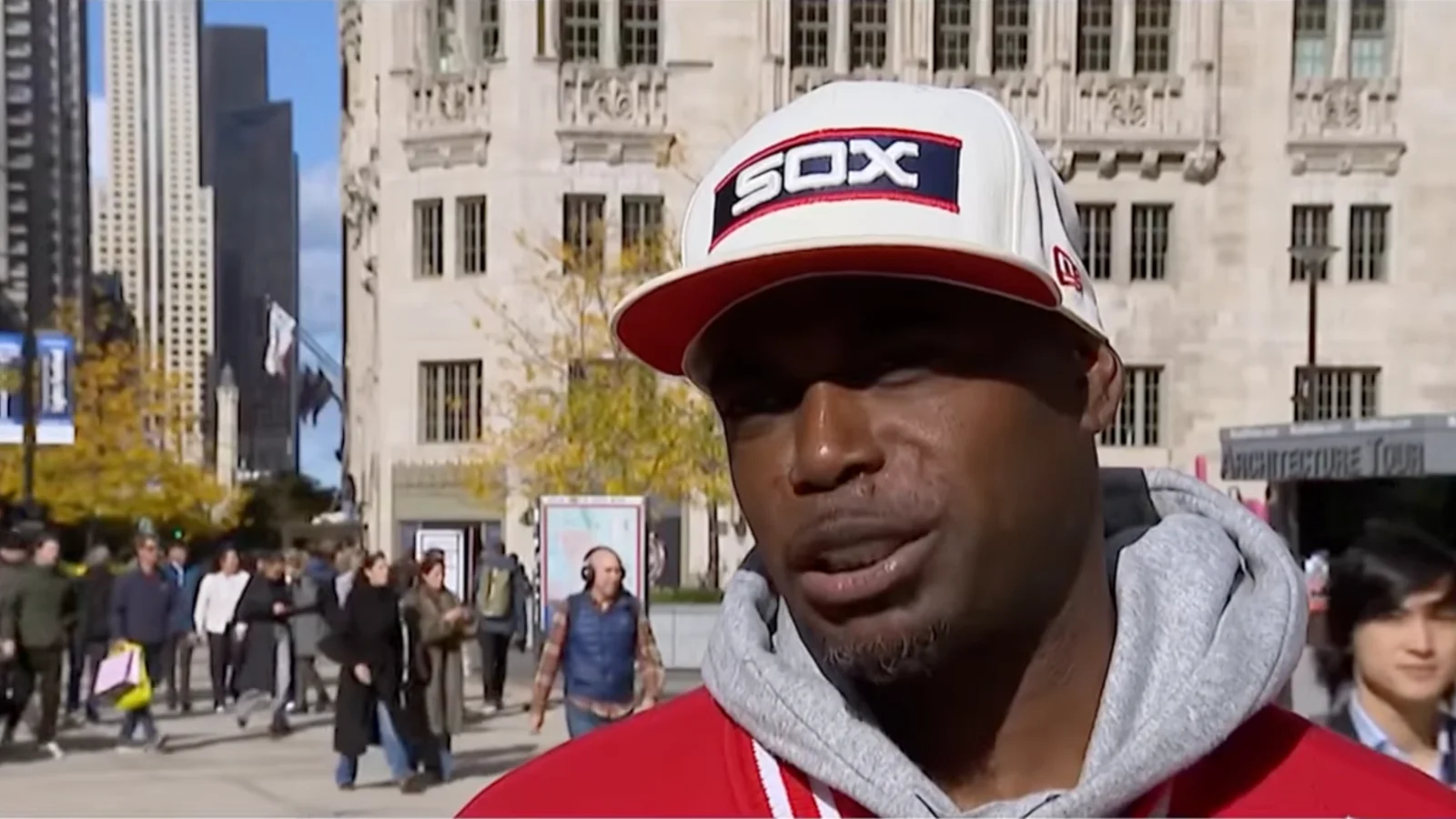A resident of Chicago expressed concerns over a proposed tax increase, stating it would exacerbate the financial strain on residents already dealing with rising prices. This statement was made on YouTube.
"With inflation going up, it's like you're going to add another tax on the people," said the unnamed resident in a YouTube video. "It's like, what, eventually you gonna charge me to breathe too?"
According to the Federal Reserve Bank of Chicago, inflation in the region has consistently surpassed the national average over the past year. For the 12 months ending May 2025, consumer prices in the Chicago metro area rose by 3.3%, compared to a nationwide increase of 2.4%. The report indicates that since mid-2024, Chicago's inflation rate has been higher than that of the U.S., primarily due to increases in shelter and services costs. This situation highlights why residents are particularly sensitive to new or increased local taxes, as they feel mounting cost-of-living pressures across essential goods and services.
The Bureau of Labor Statistics reported that prices in the Chicago-Naperville-Elgin area rose by 0.6% in August 2025 from the previous month and by 3.1% over the year. The monthly increase was driven by higher costs for gasoline and shelter, while food categories showed mixed changes. The annual rise of 3.1% demonstrates that local inflation remains above the Federal Reserve's target of 2%, even after some easing from earlier peaks. These factors contribute to residents' perception that additional taxes could further strain household budgets.
The Tax Foundation has noted that Illinois' overall tax structure affects Chicago households through combined state and local burdens. In its 2025 rankings, Illinois is placed 37th for state business tax climate, reflecting relatively high property taxes (approximately a 1.95% effective rate on owner-occupied homes), an estate tax, and significant excise levies on items such as motor fuel and cigarettes. While impacts vary depending on jurisdiction and taxpayer circumstances, these layers add to the perception of cumulative taxation affecting daily life—from housing to transportation—intensifying sensitivity to any proposed increases.
Brandon Johnson serves as the 57th mayor of Chicago, having been sworn in on May 15, 2023. Before his tenure as mayor, Johnson worked as an educator in Chicago Public Schools and later became an organizer with the Chicago Teachers Union. He served on the Cook County Board of Commissioners from 2018 to 2023 before winning the mayoral runoff election in 2023. A native of Elgin, Illinois, Johnson holds both a B.A. and M.A. from Aurora University and resides in Austin with his wife Stacie and their three children. As mayor, he has focused on investments in public safety, housing, and youth opportunities.

